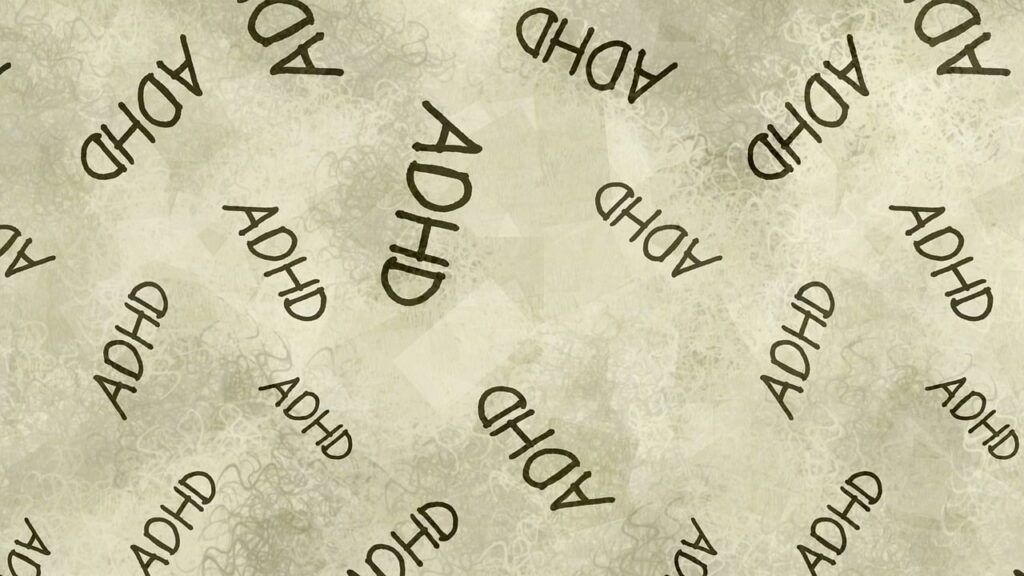What is ADHD?
What is ADHD?
Attention-deficit hyperactivity disorder (ADHD) is a brain style that presents as having persistent patterns of inattention and/or hyperactivity-impulsivity that interfere with daily life activities. According to Diagnostic Statistical Manual of Mental Disorders (DSM-V TR), ADHD can be predominantly inattentive, predominantly impulsive/hyperactive or a combined presentation. Some challenges of inattention may include sustaining attention, distractibility or losing belongings.
In relation to hyperactivity-impulsivity, it may present as fidgeting, difficulty remaining seated and feelings of restlessness. ADHDers have many strengths including being creative, energetic or the ability to hyperfocus when something is of interest, which can boost productivity.
When assessing for ADHD, it is important to consider whether the symptoms interfere with functioning or development and if they are consistent in terms of frequency, intensity, and duration in multiple environments e.g. home, school. Our assessment process is designed to gather information about your child’s developmental, family, educational, health, psychological and social history.
We use specific interviews, tests, assessments, and observations to identify the full range of symptoms and their impact on your child’s daily functioning. Having this information assists with determining the most effective strategies and recommendations to consider to support your child.
For more information about a cognitive assessment or additional assessments, or to book a cognitive assessment, please get in touch with the CoRe Kids Therapy team at admin@corekidstherapy.com.au or 0401 517 014.
CoRe Kids Therapy aims to provide our services in an affirming way, and we want to make sure we use appropriate language to describe neurodivergent people. The word “disorder”, whenever it is used, is only from a medical model and when a formal diagnosis is proffered. From our perspective, we would certainly go deeper into each individual’s nature of neurodivergence, and we aim to accommodate and support each of them in all the different and numerous needs they may have in areas which include but is not limited to socialization, communication, thought, and sensory.

